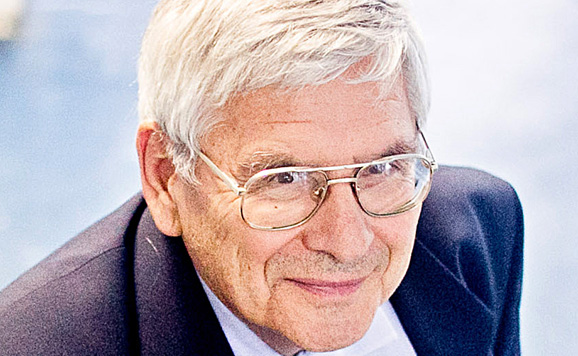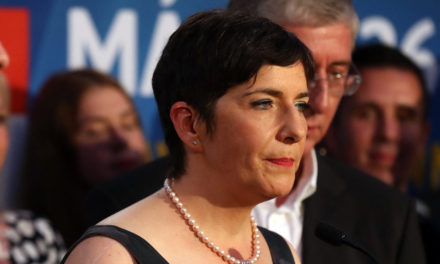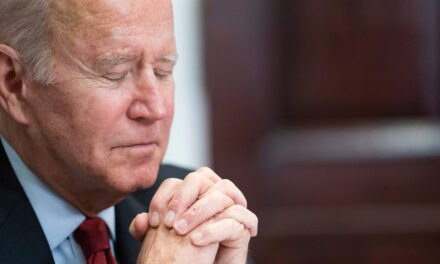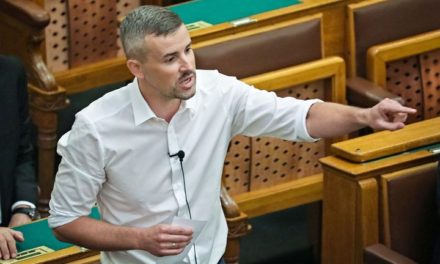Aleksander Dugin presents his book The Foundations of Geopolitics
The presentation of Dugin's book and his views on Russia's geopolitical interests is made relevant by the assassination that has just been committed against him, in which his daughter fell victim.
In order for a country or a people to have geopolitical interests, it is essential that it has adequate economic and military power, without which it obviously cannot have a say in geopolitical issues, at most if it is a conflicting state and powers striving for greater geopolitical influence. However, such a situation cannot be said to be particularly advantageous from the point of view of the given country, because it often leads to the destruction of the country, examples of which are the wars in Korea, Vietnam and now in Ukraine.
Geopolitical interests can be not only of large countries, but also of groups of countries that hold together on some basis, and even entities above countries. For example, when Dugin exposes Russian national interests, he does not see America as the main opponent, but Atlanticism, which is a significantly broader concept than the United States itself. Indeed, from the point of view of ending the war in Ukraine, it is very interesting who is on the other side. The United States as a nation-state?, the Anglo-Saxon powers?, NATO as an organization?, or the Euro-Atlantic background power hovering over these bodies? In addition to this, Europe may also have geopolitical interests in Europe (Dugin also raises such geopolitical organization possibilities), which differ from both the American national interests, the interests of NATO as a military organization, and especially the interests of the Euro-Atlantic background power. At this moment, however, the leaders of the European Union and its larger member states are not capable of formulating independent geopolitical interests, since they are essentially the servants of the Euro-Atlantic background power, and where they still have their own decision-making power (energy policy), they are far more grave-diggers than defenders of European interests.
Unlike, for example, Brzezinski, who primarily represented Atlanticist interests rather than American ones in his geopolitical explanations, Dugin is a true Russian nationalist, the interests and cultural characteristics of the Russian nation and the role of Russians in integrating the Eurasian region are at the center of his thinking. About half of the eight chapters of his book are geopolitical analysis corresponding to the title, including discussion and evaluation of the ideas of other geopoliticians, while the rest deal with Russia's geopolitical situation and potential relationship system.
According to Dugin (at the time of writing his book, i.e. in the mid-1990s), there are two trends in Russia regarding the country's future. One is that of radical liberals or "reformers", who take Western society, the modern capitalist system, as an example and fully accept Francis Fukuyama's view of the end of history, that is, the final victory of liberal capitalism. This trend denies such values as the person, the nation, history, geopolitical interests, social justice, everything is based on maximum economic efficiency, individualism, the principle of the primacy of consumption and the "free market". In Russia's place, liberals want to build a new society that has never existed historically, with the economic rules and cultural determinations that the West, and especially the United States, live by today. Using Western liberal terminology and legal norms, this camp can easily answer any problem of Russian reality. For a long time, almost only this position dominated ideologically, mainly because it generally coincides with the general direction of liberal reforms.
Another system of views regarding Russia's future is the program of the so-called "national patriotic opposition". This camp is quite diverse, its members are united by their antipathy towards liberal reforms and rejection of the liberal logic advocated by the reformers. This opposition is not only national and not only patriotic, but "pink and white", i.e. it is made up of communists who reject rigid Marxist-Leninist dogmas and supporters of orthodox monarchy, tsarist-type statehood. Therefore, Dugin calls this school of thought the "Soviet-Tsarist" school of thought, and says that their views are based on ideological, geopolitical, political-social and administrative archetypes that try to bring together the Soviet and pre-Soviet Tsarist periods. According to Dugin, the ideology of these patriots is much more contradictory and confusing than the logical and closed construction of the liberals; therefore, it often appears not as a complete concept or doctrine, but in fragments, at the level of emotions, inconsistently.
Dugin rejects both political trends, saying they would represent a dead end for the Russian people. The liberal trend would lead to the gradual elimination of Russian national characteristics, and for Russians it would be the scene of the "end of history", while the Soviet-tsarist trend tries to revive the nation and the state in those historical forms and structures, which in reality lead to gradual decline and finally led to collapse. Therefore, there is an urgent need for a "third way", a specific ideological concept, which is not a kind of compromise between the liberalism of the "reformers" and the Soviet-tsarism of the "united opposition", but breaks with the dualistic logic of "liberals or the opposition", against both of them a creates a real alternative based on the characteristics and interests of the Russian nation.
According to Dugin, the Russian people is a historical community, ethnically, culturally, spiritually and religiously united, the bearer of a specific civilization that played a decisive role in the creation of not one but many states, from the mosaic of the old Slavic principalities to Moscow-Russia, Peter the Great's empire and the Soviet bloc . Continuity between the various formations was ensured by the Russian people not simply on an ethnic basis, but also expressed a specific, independent idea of civilization in them, which was unlike any other. It was not the state that created the Russian nation, but the Russian nation, the Russian people throughout history experimented with different types of state systems. All of this justifies that the Russian people and their interests should be at the center of the development of the geopolitical concept.
Dugin therefore considers the Russian people to be an integrating force capable of uniting other peoples, and this is also his vocation in the Eurasian region. According to Dugin, we will present what formations this combination can mean in the following articles, pointing out the views of Brzezinski, who represents the opposite pole. Together, the two concepts shed more light on the background of the ongoing and increasingly escalating war in Ukraine.
It should be noted that geopoliticians, such as Dugin and Brzezinski, easily draw maps and redraw them, but they are deeply silent about what their implementation usually entails. However, they should not be condemned for this, like the German Karl Hausehofer, whose teaching helped Hitler, since taking into account the factors that geopoliticians deal with can also help in the development of peaceful cooperation in large areas.
Featured Image: MH












